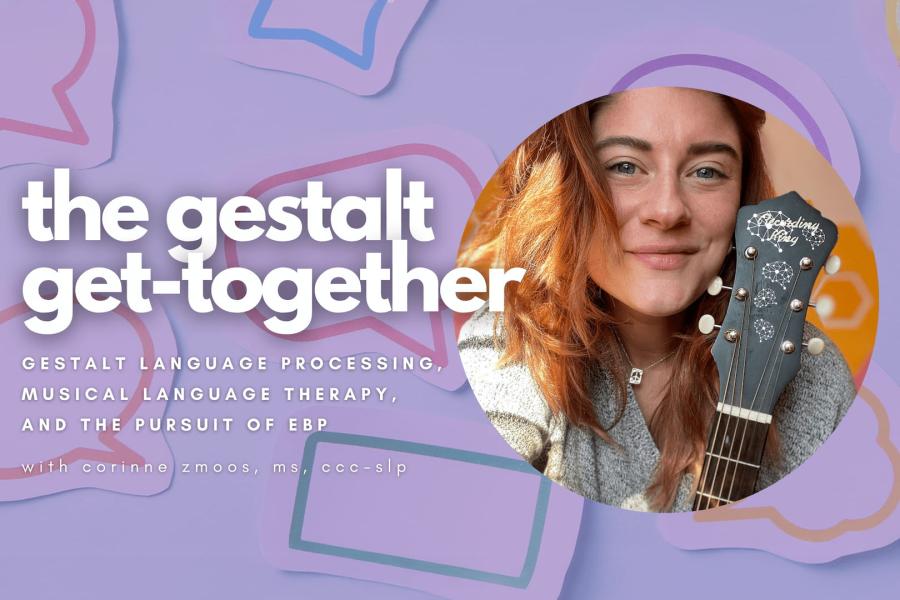The episode also explores how social media amplifies logical fallacies, leading to polarized debates and misinformation. Corinne provides strategies for clinicians to critically assess claims about GLP, including key questions to ask when encountering bold assertions or emotionally charged arguments. She emphasizes that logical fallacies do not necessarily mean a claim is false but rather indicate a need for stronger evidence. By developing critical thinking skills, clinicians can make more informed, evidence-based decisions to best support their clients.
Related Course:
Logical Fallacies in Clinical Decision-Making for GLPs: Part 1
Key Questions:
- How do specific logical fallacies, such as the appeal to nature and Texas sharpshooter fallacy, influence clinical decision-making for GLPs?
- Why is it important to critically evaluate social media claims about GLP, and what strategies can clinicians use to assess misinformation?
- How can understanding logical fallacies help clinicians strengthen their reasoning and make more informed, evidence-based therapy decisions?




















